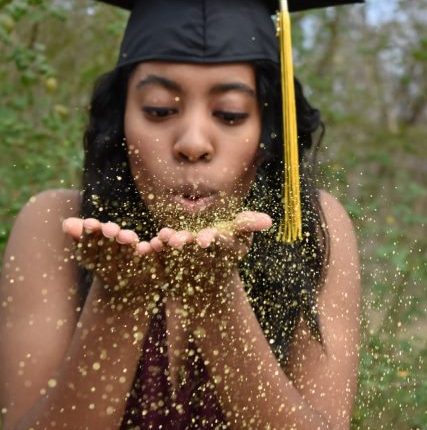Study Reveals Attractive Students Perform Better than Unattractive Students in In-Person Education
A study on the relationship between facial attractiveness and academic performance has revealed that attractive students get better grades in in-person education than unattractive students.
The study revealed that teachers tend to contact students more in non-quantitative disciplines than in quantitative courses.
The study was done by Swedish specialists and was based on a peer-reviewed study and was published by Elsevier who is a global leader in information and analytics for health and conducted under various modes of instruction utilizing data from Swedish engineering students.
In areas where non-quantitative topics were taught online during the COVID-19 pandemic, the grades of attractive female students dropped.
However, the beauty premium persisted for boys revealing that discrimination is a significant component in explaining the grade beauty premium for just females.
Besides, they found out that results imply a positive relationship between physical attractiveness and academic achievement, but only in non-quantitative courses which depend on teacher-student interactions.
“The beauty premium on grades in non-quantitative subjects holds for both male and female students. Then, using the COVID-19 pandemic as a natural experiment and utilizing a difference-in-difference framework, we found that switching to full online teaching resulted in deteriorated grades in non-quantitative courses for attractive females,” they said.
However, the study revealed that there was still a substantial beauty premium for handsome men.
Together, the findings showed that the return to facial beauty is the most likely outcome of discrimination against females and is a productive feature in males.
The study is obviously not going to change much in the education fraternity with physical classes the most common mode of education in various institutions at different levels across the country.
According to some scholars, it is time-consuming going through say 100 scripts looking for an ‘attractive student’.
“Attractive could mean intelligent, eloquent in the way they present their ideas or their grasp of academic issues,” argued Ms Katherine Muhatia, a Senior Lecturer in Journalism and Mass Communication at the Multimedia University of Kenya.
In her view, the beauty of a student may vary due to how they dress, style their hair or apply lipstick and therefore what she finds attractive may not be attractive to others.



Comments are closed.